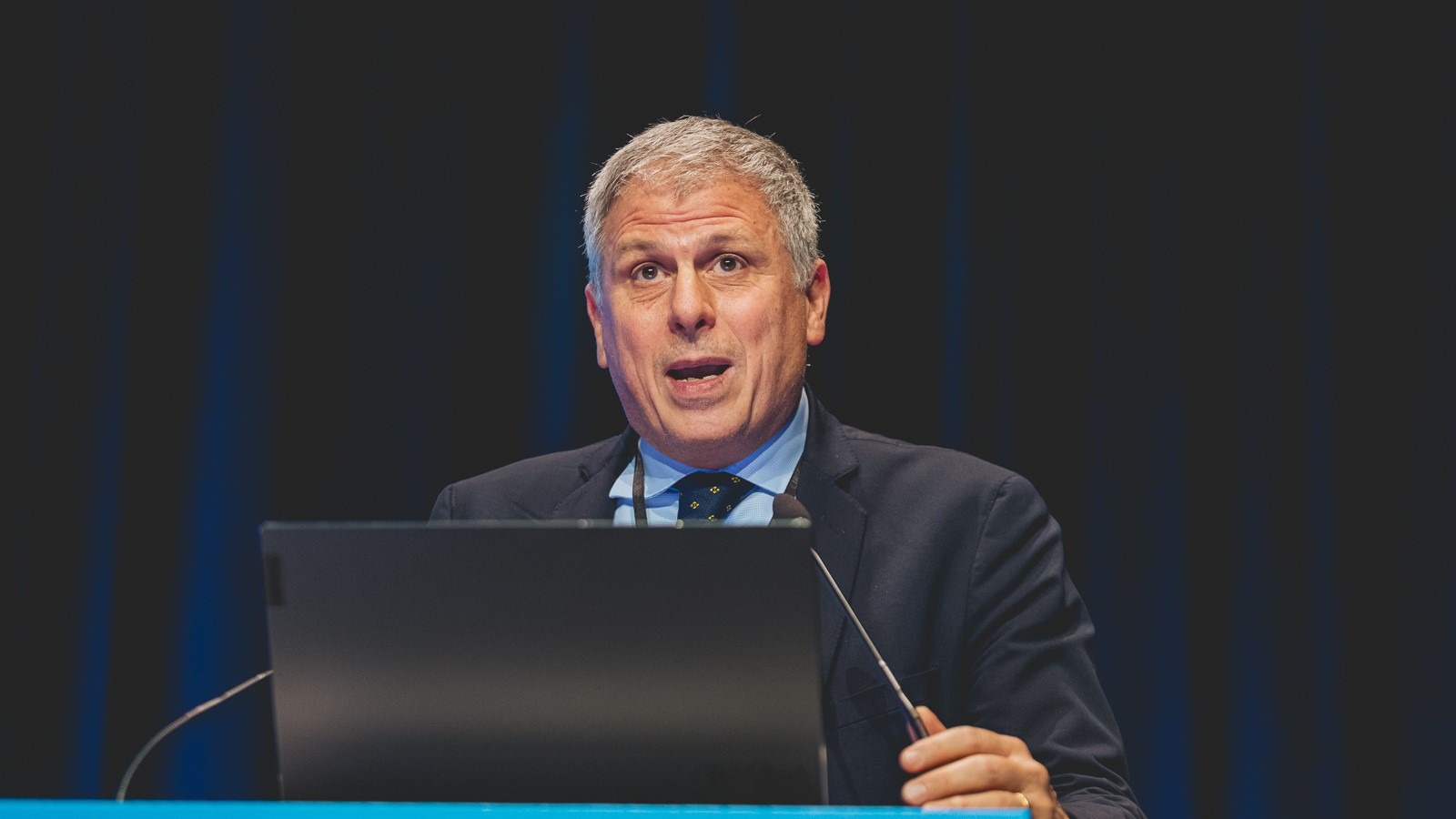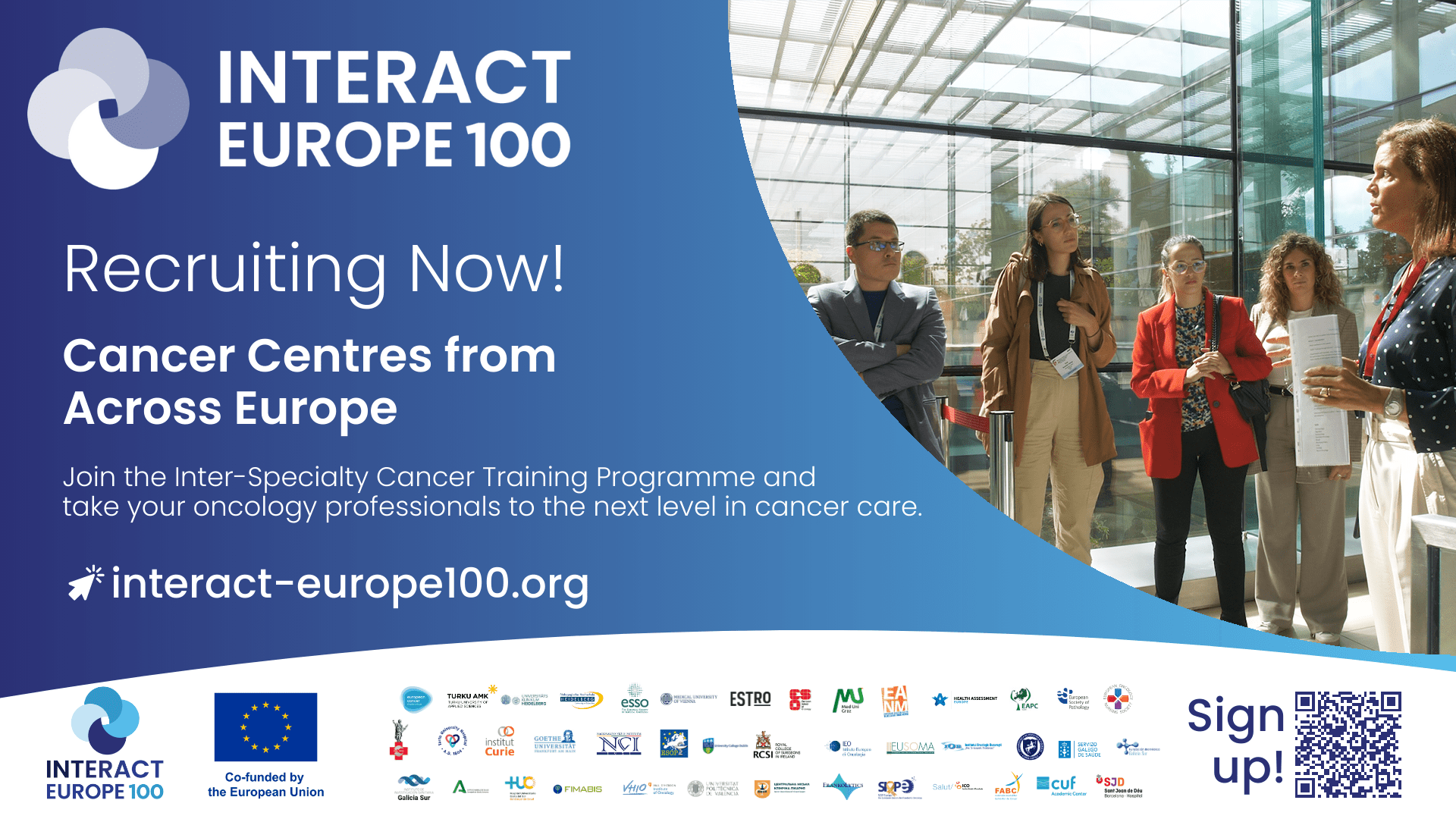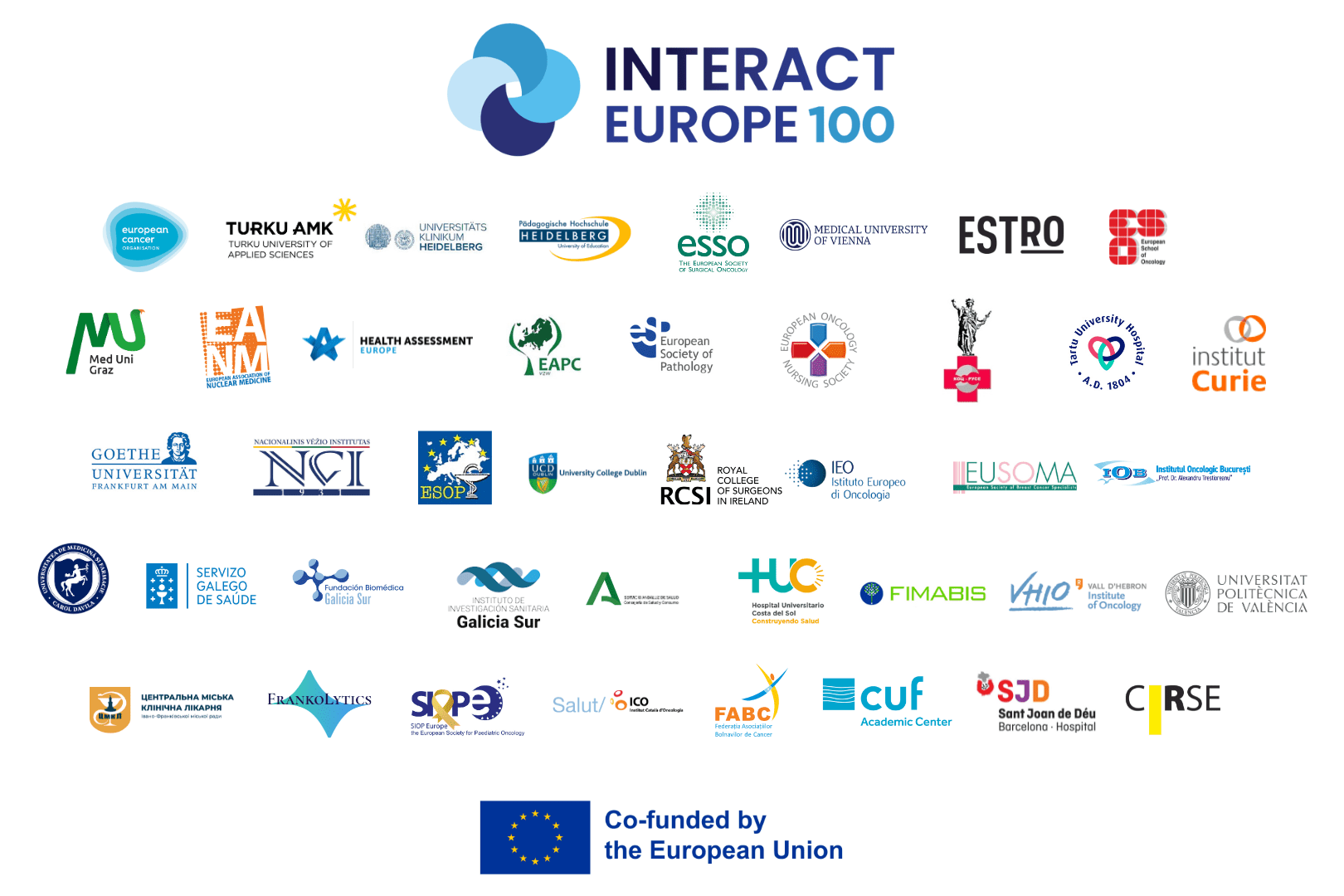We’ve been talking about the importance of a multidisciplinary treatment for a long time, but until now this has usually meant that different doctors talk about different ways to treat the patient, but everyone stays behind the fences of their own field. Truly interdisciplinary cancer management means that almost everyone knows how to interact with the others to make sure patients receive the best holistic treatment. At this stage, we know there are lot of gaps between different countries, and even within the same country between different hospitals. One of the aims of the project is to gain a better understanding of these gaps in order to reduce them.
I would suggest all centres with interventional oncology activities apply. This should not be limited to only centres with a very advanced department; this initiative should be of interest to all practitioners who want to enhance their interdisciplinary workflow with other disciplines. The participants in this project will have access to a cutting-edge inter-specialty cancer training curriculum and become a part of a network of 100 cancer centres. It’s the first time that we have an opportunity to be part of a huge clinical community with a focus on an interdisciplinary approach to cancer. This will facilitate collaboration and knowledge exchange on a never-before-seen scale, and it is imperative to promote the role of interventional oncology within this community.
INTERACT-EUROPE 100 is a multiyear programme; we are just the beginning. The first participating centres are selecting trainers and developing the training programme. The next step will be to deliver the training to the other centres that will apply to the programme. A lot of work has already happened behind the scenes. Connecting all the different disciplines and trying to make them “speak the same language” has not been easy, especially as involvement is not limited strictly to physicians. It also includes psychologists, nurses, and all kinds of caregivers that are involved in this field. The inclusion of these other providers and caregivers can be helpful also to interventional oncologists, as many of us have come from the radiology field and are not always trained to manage patients in clinical settings. This is a good opportunity not only to increase our role and image via-a-vis other specialties, but also to learn how to manage our patients in a better way.
I want to underline that this project, for interventional oncologists in particular, may offer a platform to refine but also to showcase our techniques. As interventional oncologists, we may gain exposure to new methodologies and we will be able to position ourselves at the forefront of integrating these practices into more comprehensive cancer care rather than remaining isolated within our hospitals, as many specialists do. This is an excellent opportunity to be part of a comprehensive community, and this is very important to us as IOs. Instead of being on the periphery of the field where everything happens, we now have the opportunity to move towards the centre as main actors in the wider field of cancer care.



